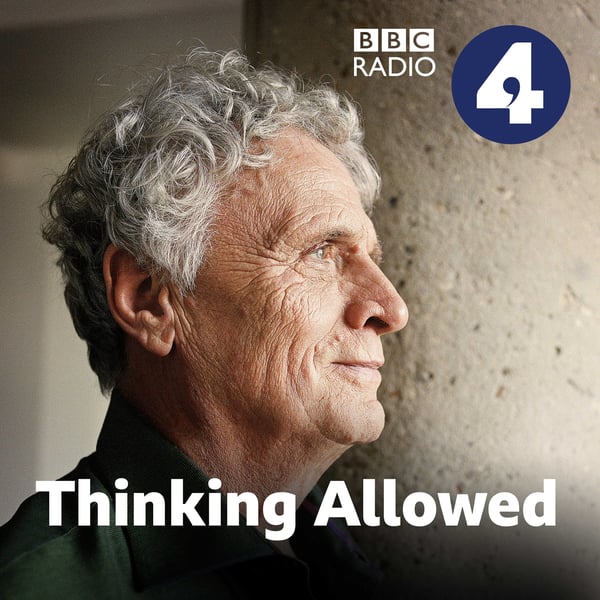Objects and Stories
Thinking Allowed
BBC
4.4 • 973 Ratings
🗓️ 10 June 2025
⏱️ 29 minutes
🧾️ Download transcript
Summary
Seth Rockman, Associate Professor of History at Brown University, talks to Laurie Taylor about his study into the stories of the plantation goods which reveal how the American national economy was once organised by slavery. He tracks the shoes made by Massachusetts farm women that found their way to the feet of a Mississippi slave and the entrepreneurs that envisioned fortunes to be made from “planter’s hoes”. Also, Lea David, Assistant Professor in the School of Sociology, University College Dublin, describes the emotional force of everyday items found at the sites of atrocities, from a shoe to a broken watch and victims’ garments. Personal property recovered from places of death including concentration camps, mass graves, and prisons have become staples of memorial museums. How do these objects take on such power, and what are the benefits and pitfalls of deploying them for political purposes?
Producer: Jayne Egerton
Transcript
Click on a timestamp to play from that location
| 0:00.0 | Why do some big successful brands go bust? |
| 0:05.0 | Toast is back for a new series, taking a look at the decisions that often left investors burnt. |
| 0:11.0 | I'm Sean Farrington, a BBC business journalist. I'll be hearing about the hype. |
| 0:15.0 | They're going to do the deal that makes them the most money at that point of time. |
| 0:19.0 | And I'm picking what went wrong, talking to owners |
| 0:22.5 | and employees to ask, what can we learn? It was being undercut by similar rivals. It just couldn't |
| 0:29.2 | survive. Toast. Listen first on BBC Sounds. BBC Sounds, music, radio, podcasts. |
| 0:38.8 | This is a Thinking Aloud podcast from the BBC, and for more details and much, much more about thinking aloud, |
| 0:45.9 | go to our website at BBC.co.com. |
| 0:49.8 | Hello, one of the many strange mental aspects of growing old is that one's consciousness is |
| 0:56.3 | intermittently invaded by childhood memories that seem, well, utterly inconsequential. I mean, |
| 1:02.7 | I doubt that even Sigmund Freud could find any hidden psychological meaning in, say, my recurrent |
| 1:08.0 | memory of the fleck of green paint on the otherwise pure white ceiling of my childhood bedroom. |
| 1:14.6 | But there are moments when such apparently insignificant memories can suddenly gain meaning. |
| 1:20.6 | In this instance, it is the memory of nothing more than a shoe. |
| 1:24.6 | You see, in the late 1950s, I occasionally played bit parts in plays staged by |
| 1:29.6 | the Merseyside Unity Theism, and although I cannot now remember the names or plots of a single |
| 1:35.0 | one of those dramas, I do now and then remember the strange sight of an actor in one such |
| 1:40.8 | play, dramatically holding up a shoe for close inspection by other members of the |
| 1:47.1 | cast, a mere shoe. What was that about? Well, a new book, suddenly, and rather unexpectedly, |
| 1:53.1 | has made me realize why a simple shoe could have served such a dramatic purpose, how it could |
| 1:59.9 | become linked to dark and difficult histories of war and disaster. |
... |
Please login to see the full transcript.
Disclaimer: The podcast and artwork embedded on this page are from BBC, and are the property of its owner and not affiliated with or endorsed by Tapesearch.
Generated transcripts are the property of BBC and are distributed freely under the Fair Use doctrine. Transcripts generated by Tapesearch are not guaranteed to be accurate.
Copyright © Tapesearch 2025.

